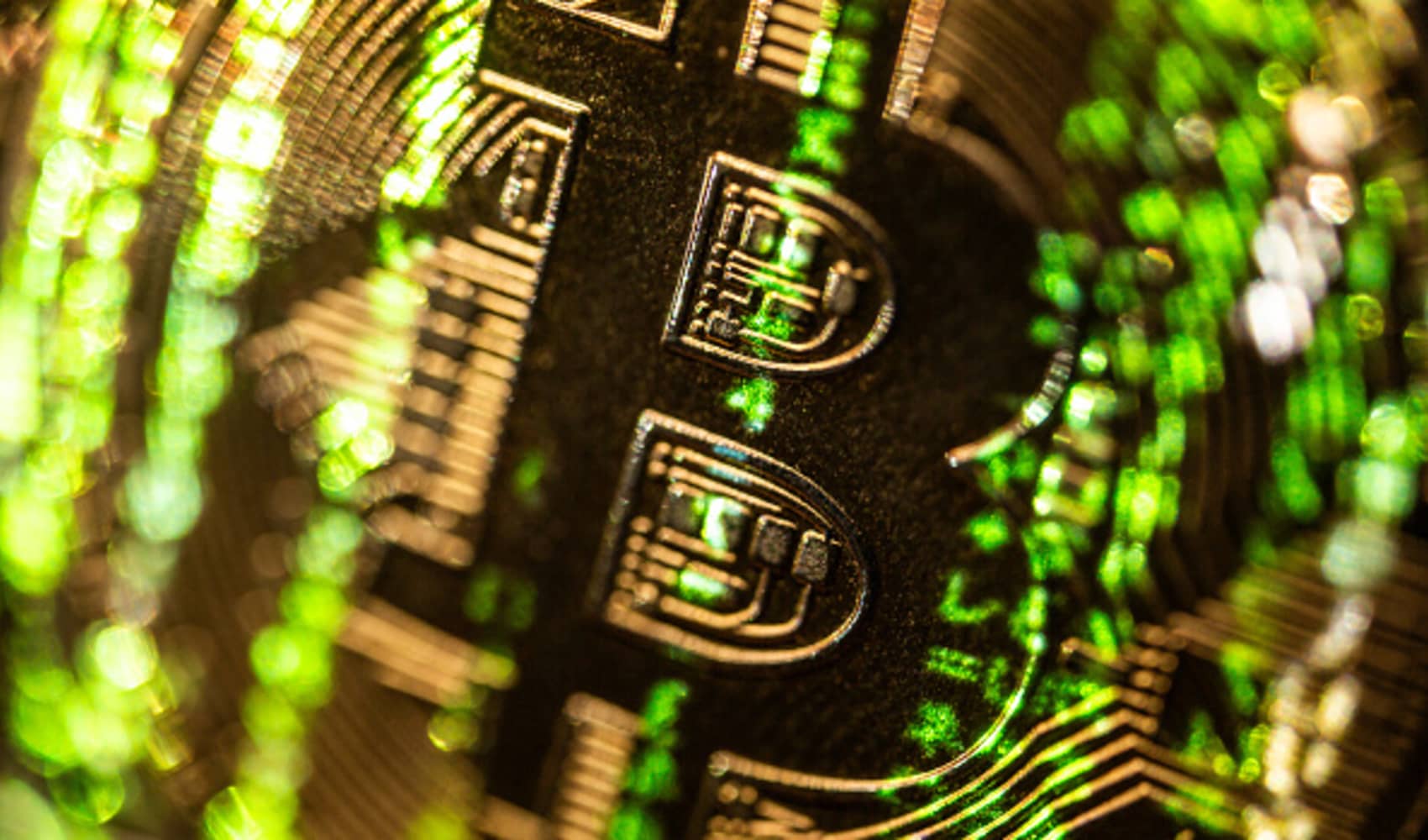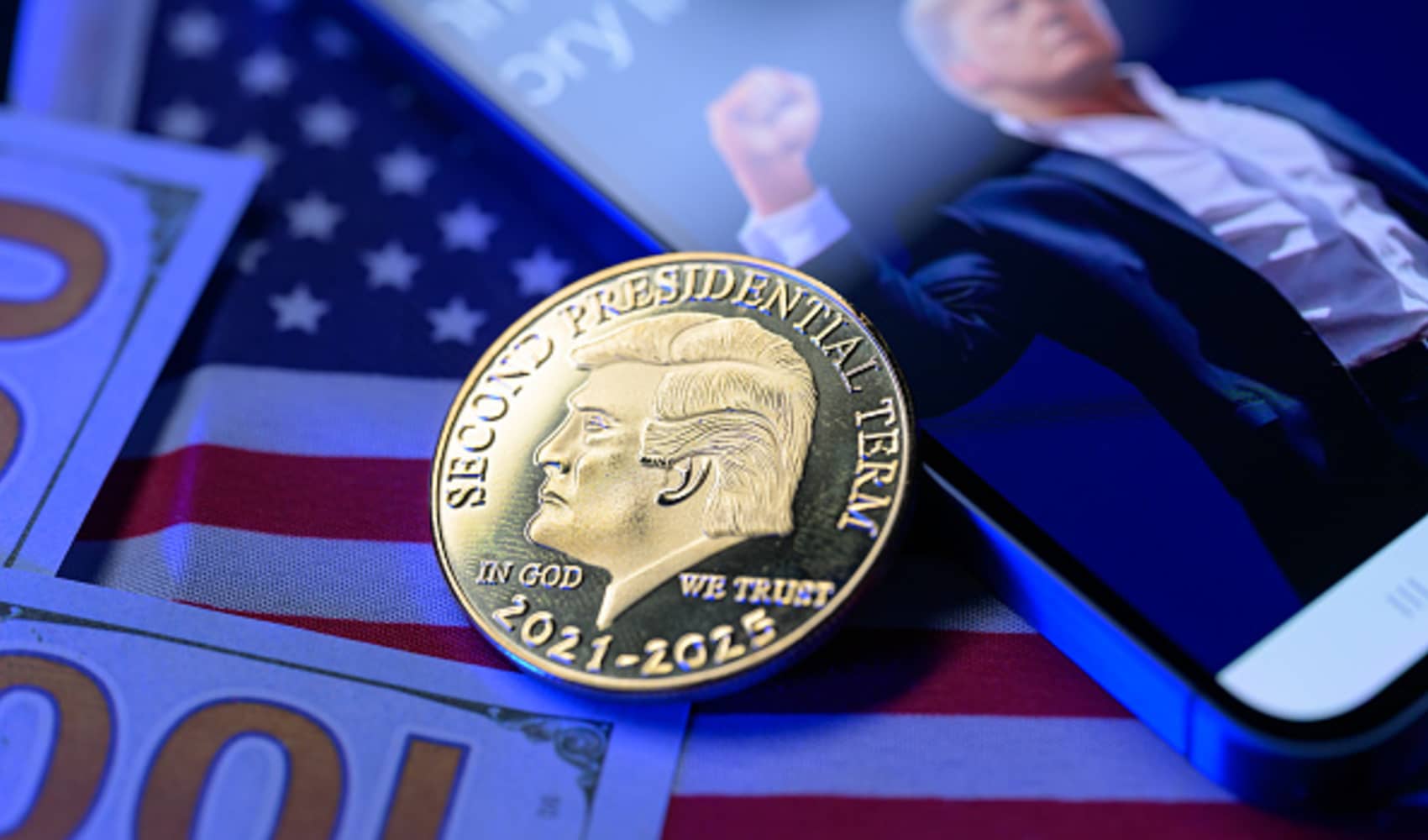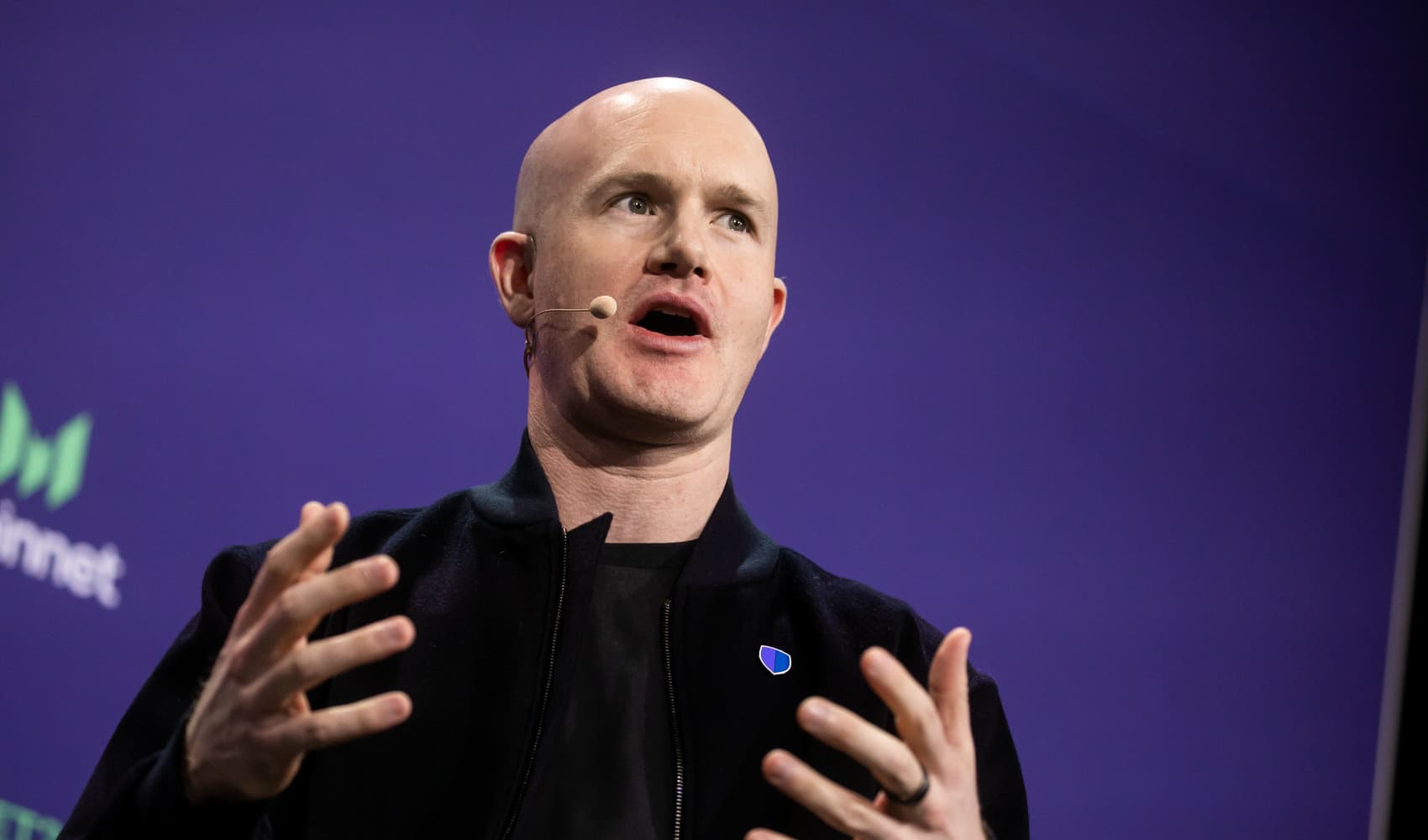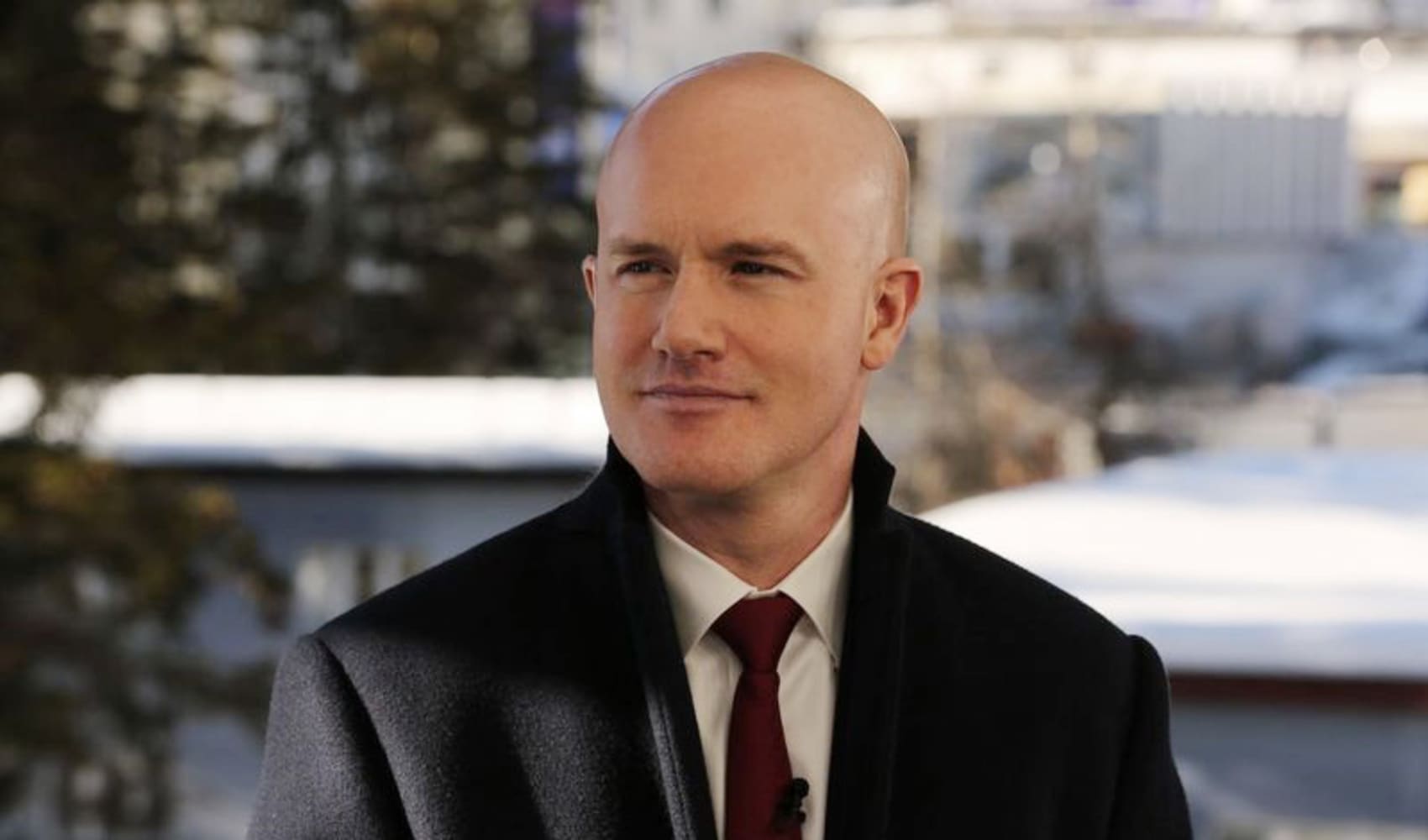Crypto Innovation Stifled? SEC Signals Regulatory Shakeup!
Crypto Revolution on Hold? SEC Chair Says Innovation Stifled!
Introduction: A New Dawn for Crypto Regulation?
Is the crypto winter finally thawing? Well, according to SEC Chair Paul Atkins, the frosty regulatory climate has been holding back the crypto revolution. In a recent statement, Atkins suggests a shift might be underway, hinting at potential changes that could breathe new life into the digital asset space. But what does this mean for you, the everyday crypto enthusiast, investor, or entrepreneur? Let's dive in and explore what's happening at the SEC and how it might impact the future of cryptocurrency.
The SEC's Crypto Task Force: A Sign of Change?
The SEC's Crypto Task Force, under the guidance of Chair Atkins, recently convened its first major roundtable in Washington, D.C. This is a significant step, signaling a potential shift in the SEC's approach to regulating the digital asset market. The roundtable brought together industry experts to discuss critical issues, particularly the custody of digital assets.
What is the Crypto Task Force?
Think of the Crypto Task Force as the SEC's dedicated team focused on understanding and addressing the unique challenges and opportunities presented by cryptocurrencies. It's their job to navigate the often-murky waters of crypto regulation and develop policies that protect investors while fostering innovation.
Why is This Roundtable Important?
This wasn't just another meeting; it was a platform for open dialogue between regulators and industry leaders. The discussions are crucial in shaping the future regulatory landscape for cryptocurrencies. By listening to experts and understanding the practical challenges, the SEC can create more effective and appropriate regulations.
Atkins's Bold Statement: Innovation Stifled
Perhaps the most striking takeaway from the roundtable was Chair Atkins's statement that innovation in the crypto industry "has been stifled for the last several years." This is a strong admission and suggests that the current regulatory framework may be hindering the growth and development of the crypto market. Is it possible that this is setting the stage for a regulatory reset?
A Cry for Change
Atkins's words echo the sentiment of many in the crypto community who feel that overly strict or unclear regulations have made it difficult for businesses to innovate and thrive. He acknowledges that the current situation is not sustainable. A sentiment that many in the industry are very happy to hear.
Is the SEC Listening?
The fact that Atkins is openly acknowledging the problem is a good sign. It suggests that the SEC is willing to listen to concerns and consider changes to the existing regulatory framework. This openness is vital for creating a regulatory environment that supports innovation while protecting investors.
The Custody Conundrum: A Major Obstacle
One of the primary topics discussed at the roundtable was the custody of digital assets. This is a crucial issue because it directly impacts the security and safety of investors' funds. How do you ensure that digital assets are stored and managed securely, especially when they're not held by traditional financial institutions?
Defining "Custody" in the Digital Age
Traditional custody solutions don't necessarily translate well to the world of cryptocurrency. We're dealing with decentralized assets, private keys, and blockchain technology. The SEC needs to establish clear guidelines on what constitutes proper custody for digital assets.
Challenges and Solutions
Ensuring secure custody involves technical challenges, such as protecting private keys from theft or loss. It also involves regulatory challenges, such as ensuring that custodians are properly licensed and supervised. The discussion highlighted the need for innovative custody solutions that address these challenges.
A Friendlier Approach: A Shift in Tone?
The news is that the SEC and the Trump administration are reportedly taking a "friendlier approach" to the crypto industry. While regulatory oversight is essential, a more collaborative and understanding approach could foster innovation and growth. But what does this "friendlier approach" really mean?
From Adversarial to Collaborative?
In the past, some crypto companies have felt that the SEC took a more adversarial stance, focusing primarily on enforcement actions. A friendlier approach would involve more dialogue, guidance, and collaboration. The focus would shift from simply punishing wrongdoers to helping companies comply with regulations.
The Importance of Clarity
One of the biggest challenges for crypto businesses is the lack of clarity in the regulatory landscape. A friendlier approach would involve providing clear and consistent guidance on how regulations apply to digital assets. This would allow businesses to operate with more confidence and avoid unintentional violations.
What "Badly Needs Attention": Decoding Atkins's Statement
When Atkins says that the current framework "badly needs attention," what exactly is he referring to? It's a broad statement, but it likely encompasses a range of issues, from custody regulations to the classification of digital assets. Let's break down some of the key areas that need improvement.
The Regulatory Maze
Navigating the current regulatory landscape can feel like trying to find your way through a complex maze. Different agencies have different rules, and it's often unclear how these rules apply to specific crypto activities. Simplifying and clarifying these regulations is essential.
Innovation vs. Regulation: Finding the Balance
The challenge is to strike the right balance between protecting investors and fostering innovation. Overly strict regulations can stifle innovation and drive businesses overseas. But lax regulations can leave investors vulnerable to fraud and manipulation. Finding that sweet spot is the key.
Potential Impacts: What Does This Mean for You?
How might these potential regulatory changes impact you, whether you're an investor, entrepreneur, or simply someone interested in cryptocurrency? The effects could be far-reaching, shaping the future of the digital asset market.
Increased Adoption
Clearer regulations and a more supportive environment could lead to increased adoption of cryptocurrencies by both individuals and institutions. This could drive up demand and potentially increase the value of digital assets.
New Opportunities for Businesses
A more favorable regulatory climate could create new opportunities for crypto businesses to innovate and grow. This could lead to the development of new products and services, benefiting consumers and the economy.
The Road Ahead: Challenges and Opportunities
While the potential for positive change is significant, there are also challenges ahead. Implementing new regulations and adapting to the rapidly evolving crypto landscape will require careful planning and execution.
Collaboration is Key
Effective regulation requires collaboration between regulators, industry experts, and the crypto community. Open dialogue and a willingness to listen to different perspectives are essential for creating regulations that work for everyone.
Staying Informed
The crypto landscape is constantly changing, so it's important to stay informed about the latest developments. Follow news outlets, attend industry events, and engage with the crypto community to stay ahead of the curve.
Conclusion: A Glimmer of Hope for Crypto Innovation
SEC Chair Atkins's comments offer a glimmer of hope for the crypto industry. The acknowledgment that innovation has been stifled and that changes are needed suggests a willingness to re-evaluate the current regulatory framework. Whether this will translate into meaningful action remains to be seen, but it's a positive sign for the future of cryptocurrency. The industry now waits to see how these discussions can transform into policies that support both innovation and investor protection. The upcoming months will be critical in observing how these developments unfold, shaping the trajectory of crypto regulations and their impact on the overall digital asset ecosystem. By fostering a balance between robust regulation and innovation, the industry can unlock its full potential and drive sustainable growth.
Frequently Asked Questions
- What exactly does the SEC's Crypto Task Force do?
The Crypto Task Force is a specialized unit within the SEC dedicated to understanding and addressing the unique challenges and opportunities presented by cryptocurrencies. They develop policies, investigate potential violations, and provide guidance to the industry.
- Why is the custody of digital assets such a big deal?
Custody refers to the secure storage and management of digital assets. Because cryptocurrencies are decentralized, traditional custody solutions don't always apply. Ensuring secure custody is crucial for protecting investors from theft or loss.
- What does it mean for the SEC to take a "friendlier approach" to crypto?
A friendlier approach suggests a shift from a primarily adversarial stance to a more collaborative one. This could involve more dialogue, guidance, and a focus on helping companies comply with regulations rather than simply punishing wrongdoers.
- How could potential regulatory changes impact the value of cryptocurrencies?
Clearer regulations and a more supportive environment could lead to increased adoption of cryptocurrencies, which could drive up demand and potentially increase their value. However, the impact on specific cryptocurrencies will depend on a variety of factors.
- How can I stay informed about the latest developments in crypto regulation?
Follow reputable news outlets that cover the crypto industry, attend industry events and conferences, and engage with the crypto community online. This will help you stay up-to-date on the latest regulatory developments and their potential impact.








